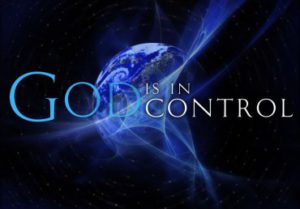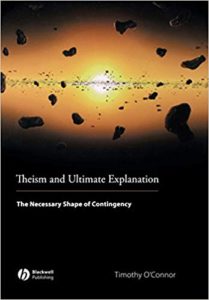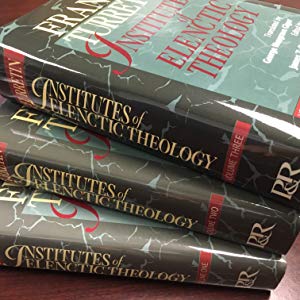
Open theism is the belief that God is not timelessly eternal. “God changes in some ways so as to respond appropriately to a changing creation…God’s foreknowledge is limited, because of the limitations he has placed upon himself in giving humans freewill.” /1/ The idea that God has limited foreknowledge was first formulated by the Polish Socinian movement in the late 16th century. It was recently revived by several Open Theists (Clark Pinnock, Richard Rice & John Sanders et al) when they jointly published the seminal work, The Openness of God (IVP, 1994). However, anyone who feels swayed by their sophisticated arguments should recall the old-time rebuttal, “Your argument is logical but your conclusion is unfounded because your premises are wrong.” Applying logic to wrong premises only leads to conclusions that do not correspond to reality. For the same reason, the logic of Open Theism results in a god who is in conflict with the God of Biblical-Classical theism because its premises or fundamental philosophical intuitions are questionable. Continue reading “The Limited god of Open Theism is Not the Almighty God of the Bible”

 THIRTEENTH QUESTION: MIDDLE KNOWLEDGE
THIRTEENTH QUESTION: MIDDLE KNOWLEDGE